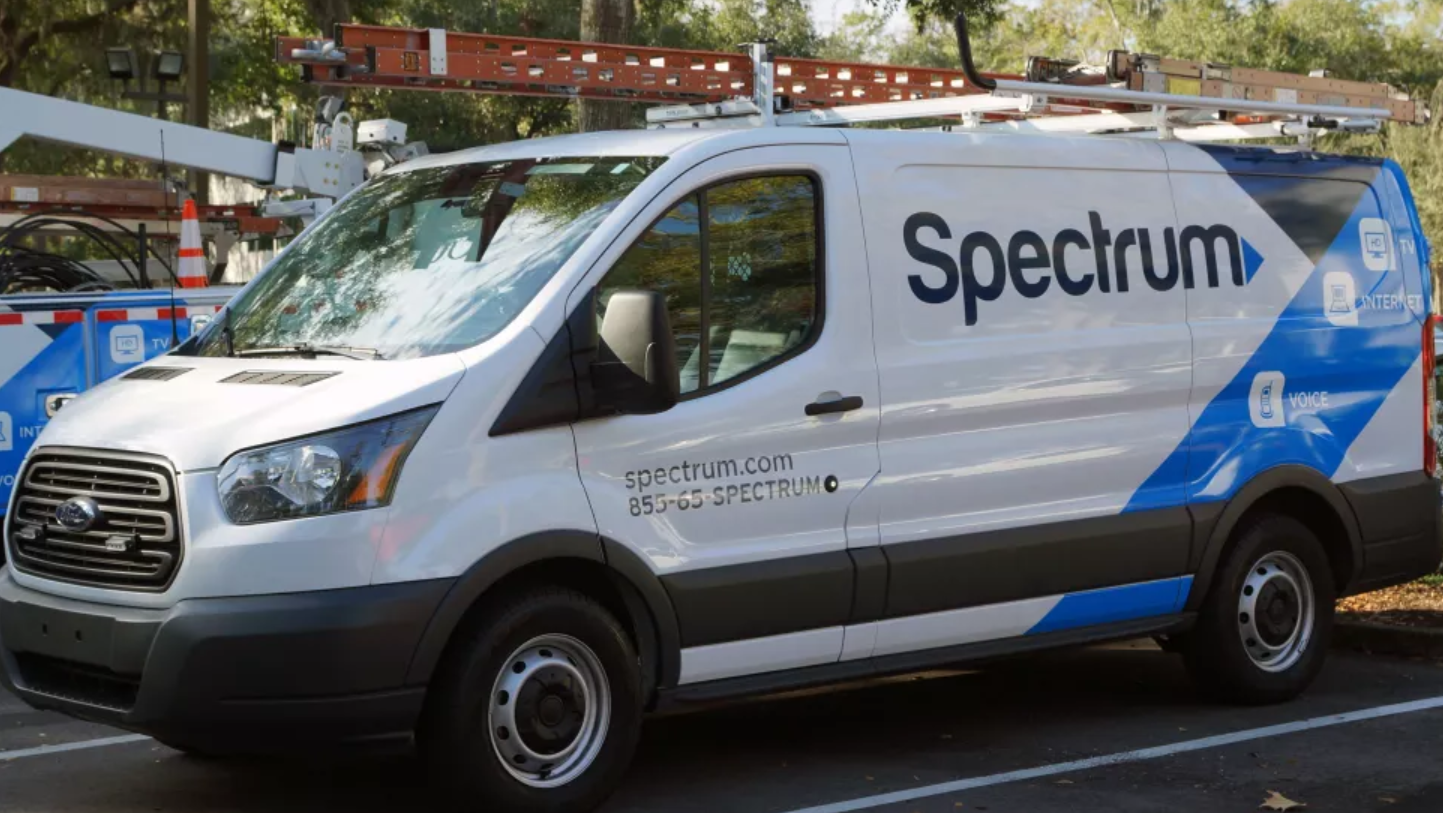Carriage Dispute Blacks Out Disney Stations, ESPN and Cable Channels on Charter
Disney said Charter declined to extend negotiations so viewers could watch the U.S. Open and the start of college football

All of the Disney-owned stations, ESPN and cable networks were removed from Charter Communications on August 31 after Charter and Disney were unable to come to terms on a new carriage deal.
The dispute left Charter pay TV subs without ESPN and other services at the opening of the college football season on Memorial Day weekend.
“We offered Disney a fair deal, yet they are demanding an excessive increase,” Charter said on a website it had set up to explain its side of the dispute. “They also want to limit our ability to provide greater customer choice in programming packages forcing you to take and pay for channels you may not want. Spectrum is on your side and fighting to keep costs down while protecting and maximizing customer choice. The rising cost of programming is the single greatest factor in higher cable TV prices, and we are fighting hard to hold the line on programming rates imposed on us by companies like Disney.”
Charter is also framing the dispute as part of its larger effort to rein in costs of sports programming.
In July Charter announced a new strategy for reducing sports costs by splitting up its packages in much of its foot print into a Spectrum Select Plus package that includes sports channels and a lower-cost Spectrum Select Signature will exclude the RSNs and many sports channels.
Charter also stressed that in the linear video industry, including both traditional and virtual multichannel video programming distributors (MVPDs), has lost nearly 25 million customers, almost 25% of total industry customers while programmers have been moving some of their best content to streaming platforms.
Disney, Charted claimed, was ignoring “the realities of a shifting marketplace” by demanding higher license fees and that “we pay for customers that do not receive its services, leading to more price increases.”
Get the TV Tech Newsletter
The professional video industry's #1 source for news, trends and product and tech information. Sign up below.
Overall, Charter said that it had expected to pay Disney $2.2 billion in 2023 to carry its content. “[W]e have reached a precipice and must chart a path to change," the operator said.
As part of its proposed solution, Charter said it would accept The Walt Disney Company’s “market” rates in exchange for:
- Lower penetration minimums to deliver package flexibility for our customers
- Inclusion of their ad-supported DTC apps within our packaged linear products so the customer does not have to pay twice for similar programming
- Charter’s commitment to market their DTC products to our broadband-only customers
In response, Disney said they were offering a fair deal for their highly valued content, noting that:
- “Losing ESPN is a major issue for consumers since it’s one of the most popular channels. In fact, ESPN aired more than half (53) of the top 100 telecasts in Charter homes during the past year, per Nielsen, the leading audience measurement, data and analytics company. That includes all 5 of the top 5,” Disney said.
- “In the average month, 71% of Charter subscribers tune into Disney’s networks or stations. In fact, Charter subscribers watched more than 3.3 billion hours of content on Disney networks and stations over the past year, according to Nielsen.”
- “Although Charter claims that they value their customers, they declined Disney’s offer to extend negotiations which would have kept Disney-owned networks up for consumers in the middle of perennial programming events like the US Open and college football.”
- “Even though Charter also claims to value Disney’s direct-to-consumer services, the cable company is demanding these different services for free—as they have stated publicly—which does not make economic sense. Moreover, it does not make sense for consumers who desire the flexibility to have our streaming platforms as standalone services," Disney said.
George Winslow is the senior content producer for TV Tech. He has written about the television, media and technology industries for nearly 30 years for such publications as Broadcasting & Cable, Multichannel News and TV Tech. Over the years, he has edited a number of magazines, including Multichannel News International and World Screen, and moderated panels at such major industry events as NAB and MIP TV. He has published two books and dozens of encyclopedia articles on such subjects as the media, New York City history and economics.

